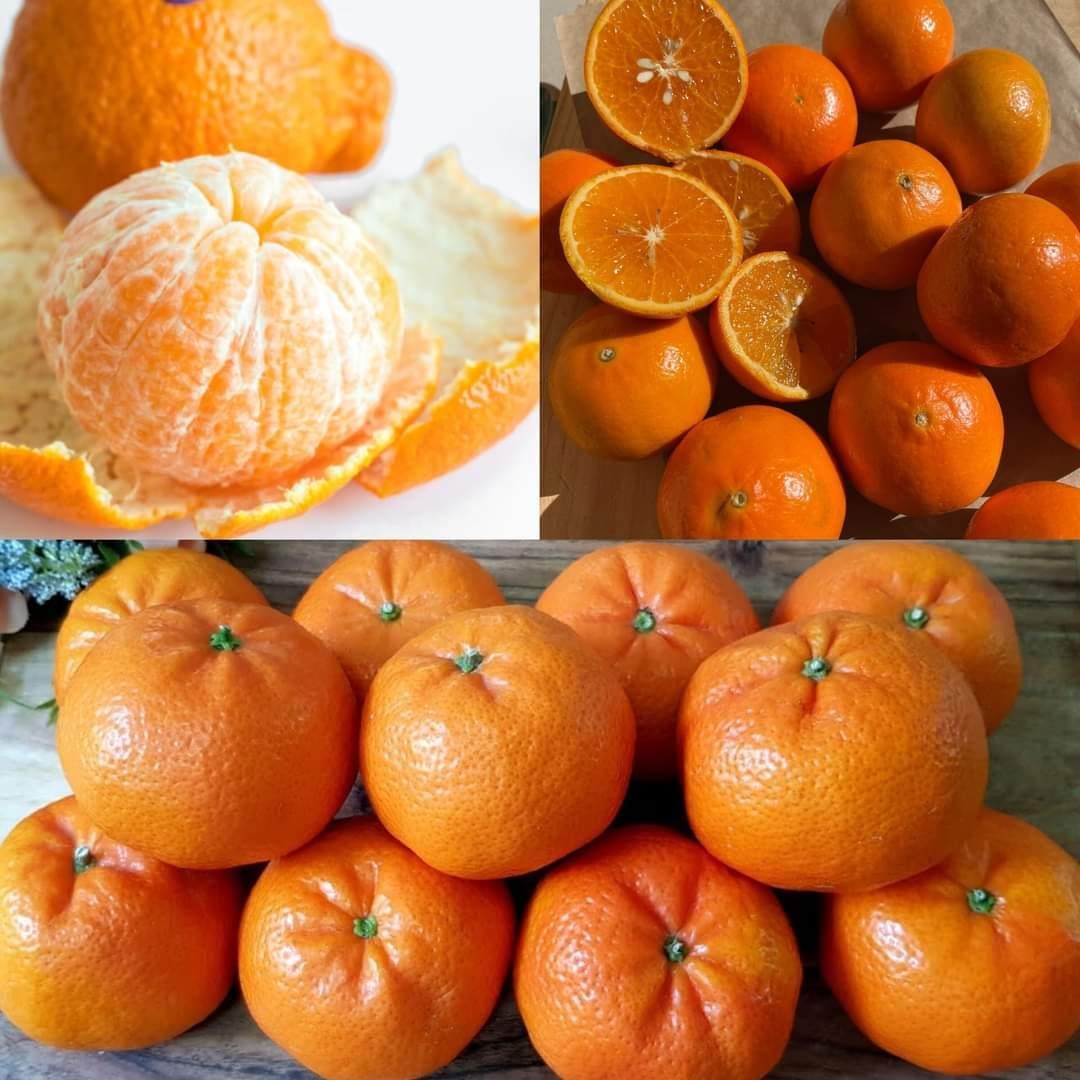Mandarins, the small, sweet citrus fruits, are not just a delicious snack—they are packed with nutrients that can contribute to overall health. Often overlooked compared to their larger citrus cousins, mandarins deserve a spot in your diet for their potential to support vital organs like the kidneys, liver, and lungs. Let’s explore how this natural bacteria-fighting fruit can play a role in keeping your body healthy and functioning at its best.
Nutritional Powerhouse: Why Mandarins Matter
Mandarins are loaded with essential vitamins, minerals, and antioxidants. Here’s what makes them so beneficial:
- Vitamin C: This powerful antioxidant supports the immune system, fights inflammation, and aids in tissue repair. A single mandarin provides a significant portion of your daily recommended intake.
- Fiber: Mandarins are an excellent source of dietary fiber, which promotes digestive health and helps your body naturally eliminate toxins.
- Flavonoids and Carotenoids: These antioxidants reduce oxidative stress, combat inflammation, and play a role in protecting your cells from damage caused by free radicals.
- Potassium: Mandarins contain potassium, which helps regulate blood pressure, supports kidney function, and promotes heart health.
How Mandarins Support Kidney Health
The kidneys play a crucial role in filtering toxins and maintaining your body’s electrolyte balance. Incorporating mandarins into your diet can benefit kidney health in several ways:
- Prevention of Kidney Stones: The citrate found in citrus fruits, including mandarins, binds to calcium in the urine, helping to prevent the formation of kidney stones. Regular consumption of mandarins can reduce the risk of painful stones developing.
- Hydration Boost: Mandarins have a high water content, which helps keep you hydrated—a critical factor in supporting kidney function.
- Potassium Balance: The potassium in mandarins aids in regulating fluid balance and blood pressure, further reducing the strain on your kidneys.
To maximize these benefits, pair mandarins with an overall balanced diet low in processed foods and high in fresh fruits and vegetables.
The Liver’s Ally: How Mandarins Promote Detoxification
The liver is your body’s natural detox powerhouse, and mandarins can lend it a helping hand. Here’s how:
- Antioxidant Protection: The antioxidants in mandarins, including vitamin C and flavonoids, can help protect liver cells from oxidative damage caused by toxins, alcohol, and processed foods.
- Fiber for Detox: Dietary fiber plays a key role in helping your body eliminate waste. By improving digestion, mandarins can ease the liver’s workload, allowing it to focus on its detoxifying functions.
- Reduced Fat Accumulation: Some studies suggest that certain compounds in citrus fruits may reduce fat accumulation in the liver, potentially lowering the risk of non-alcoholic fatty liver disease.
Adding mandarins to your daily diet, whether as a snack or an ingredient in meals, can support your liver’s natural processes and overall health.
Lung Health: A Breath of Fresh Air
The idea of “detoxing” your lungs might sound appealing, but scientifically, the lungs don’t require detoxification. Instead, they rely on healthy habits and an overall balanced diet to stay in optimal condition. Mandarins, however, can contribute indirectly to lung health in the following ways:
- Immune Support: Vitamin C strengthens your immune system, helping your body fight off respiratory infections.
- Anti-Inflammatory Properties: Chronic inflammation can harm lung tissue over time. The antioxidants in mandarins combat this inflammation, potentially supporting long-term lung health.
- Mucus Reduction: Some anecdotal evidence suggests that the vitamin C in citrus fruits may help reduce mucus production, which can be beneficial during colds or respiratory issues.
While mandarins won’t directly “clean” your lungs, they can complement a lifestyle that prioritizes avoiding smoking, reducing exposure to air pollutants, and maintaining regular exercise.
How to Enjoy Mandarins Daily
Incorporating mandarins into your diet is simple, thanks to their versatility. Here are some creative ways to include them in your meals:
- Snack on Them Fresh: Mandarins are easy to peel and make for a convenient, portable snack.
- Add to Salads: Toss mandarin segments into salads for a burst of sweetness and added nutrients.
- Blend in Smoothies: Add mandarins to your morning smoothie for a refreshing citrus twist.
- Use in Desserts: Incorporate mandarins into desserts like sorbets, tarts, or fruit salads.
- Infuse Your Water: Add mandarin slices to your water for a naturally flavored hydration boost.
Cautions and Considerations
While mandarins are incredibly healthy, moderation is key. Consuming too many can lead to excess sugar intake, even if it’s natural sugar. Additionally, individuals with citrus allergies should avoid them, and those on potassium-restricted diets should consult a healthcare professional before adding too many mandarins to their meals.
Conclusion
Mandarins are a sweet, nutritious fruit that can support the health of your kidneys, liver, and lungs. While they’re not a magical cure-all, their high vitamin C content, fiber, and antioxidant properties make them an excellent addition to a balanced diet. Whether you enjoy them fresh, in a salad, or as part of a dessert, these little citrus gems offer big benefits for your overall health.
So, the next time you reach for a snack, consider grabbing a mandarin. It’s not just a tasty treat—it’s a step toward a healthier you!

